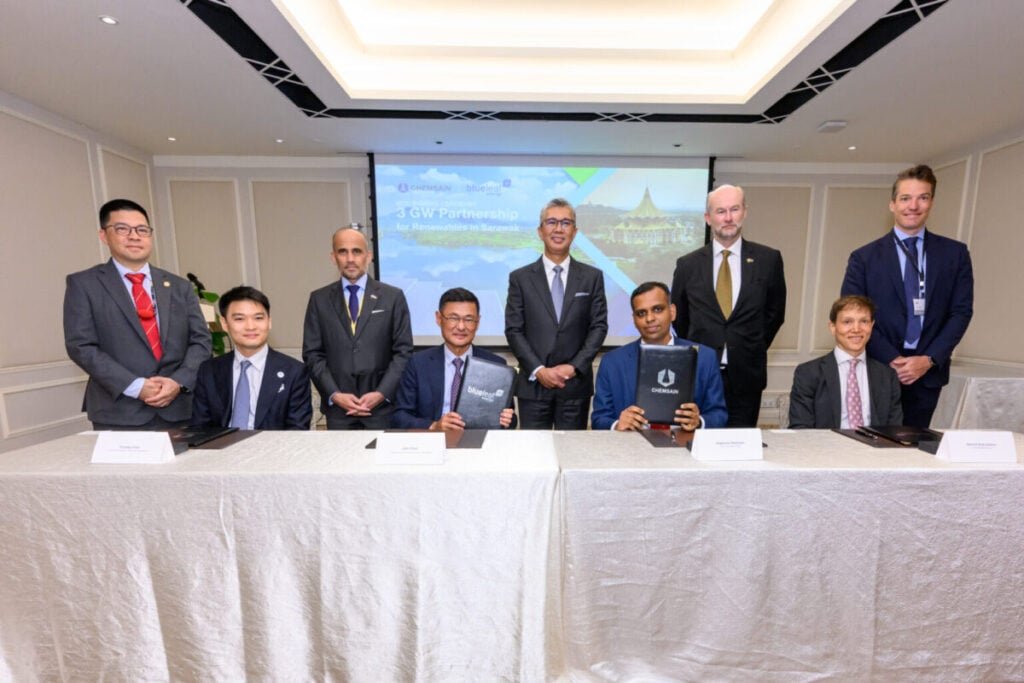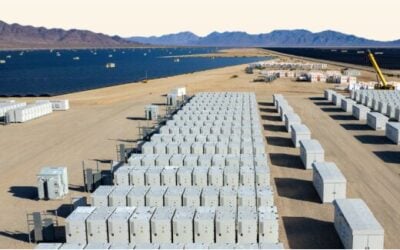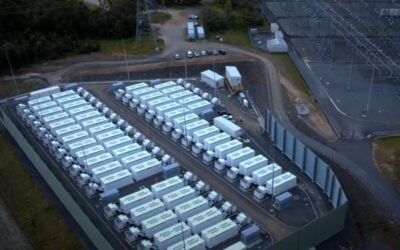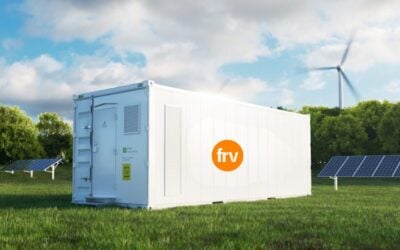
Singaporean renewable energy developer Blueleaf Energy has signed a memorandum of understanding (MoU) with Chemsain Sustainability to jointly explore developing a portfolio of up to 3GW of solar PV and battery energy storage systems (BESS) in Malaysia.
The agreement establishes a framework for collaboration over the next two years, focusing on utility-scale renewable energy development that aligns with Malaysia’s National Energy Transition Roadmap (NETR) and Sarawak’s Post-COVID-19 Development Strategy (PCDS) 2030.
According to the two companies, the MoU will explore the potential for constructing utility-scale solar PV and energy storage facilities in Sarawak, a Malaysian state on the island of Borneo.
The island is also home to several Indonesian states, with the country developing its new capital, Nusantara, in the southeast. Brunei is the only sovereign state entirely on Borneo.
Try Premium for just $1
- Full premium access for the first month at only $1
- Converts to an annual rate after 30 days unless cancelled
- Cancel anytime during the trial period
Premium Benefits
- Expert industry analysis and interviews
- Digital access to PV Tech Power journal
- Exclusive event discounts
Or get the full Premium subscription right away
Or continue reading this article for free
Blueleaf Energy, a pan-Asian renewable energy platform owned by a fund managed by Macquarie Asset Management, will contribute its expertise in renewable energy development and financing. At the same time, Chemsain, a Malaysian sustainability advisory firm, will provide local regulatory knowledge and sustainability frameworks.
Raghuram Natarajan, CEO of Blueleaf Energy, believes that the ambition to build 3GW of renewable energy in Sarawak demonstrates the region’s “immense potential”.
“This MoU marks a significant milestone for Blueleaf Energy’s expansion in Southeast Asia and our commitment to supporting Malaysia’s National Energy Transition Roadmap,” said Natarajan.
Malaysia plans to expand installed renewables to 14GW by 2050
Malaysia has established renewable energy targets under its National Energy Transition Roadmap. It aims to increase renewable energy capacity to 31% by 2025 and 70% by 2050. This also includes expanding installed renewables capacity to 14GW.
Meanwhile, the government also wants to see at least 500MW of BESS deployed by 2030 and continued growth after the decade’s end to support those policy goals.
Sarawak, Malaysia’s largest state, has its own ambitious targets under the Post-COVID-19 Development Strategy 2030, which aims to achieve 60% to 70% renewable energy share by 2035.
The state government has identified renewable energy as a key driver of economic growth and sustainability. It plans to position Sarawak as the Association of Southeast Asian Nations’ (ASEAN) future energy hub.
It is worth noting that the scale of the proposed 3GW portfolio is ambitious for Malaysia and would represent one of the largest renewable energy commitments in Southeast Asia. For comparison, Malaysia’s total installed solar capacity stood at approximately 1.5GW at the end of 2024, according to the Malaysian Energy Commission.
MSR-Green Energy (MSR-GE) is building another large-scale BESS project in Borneo, in the state of Sabah, located at island’s northeastern tip. The energy storage arm of Chinese solar PV inverter manufacturer Sungrow signed a supply agreement to provide the 100MW/400MWh BESS for the project last year.
Our publisher, Solar Media, will host the Energy Storage Summit Asia 2025 on 7-8 October in Manila, Philippines. You can sign up for the event via the official website.





